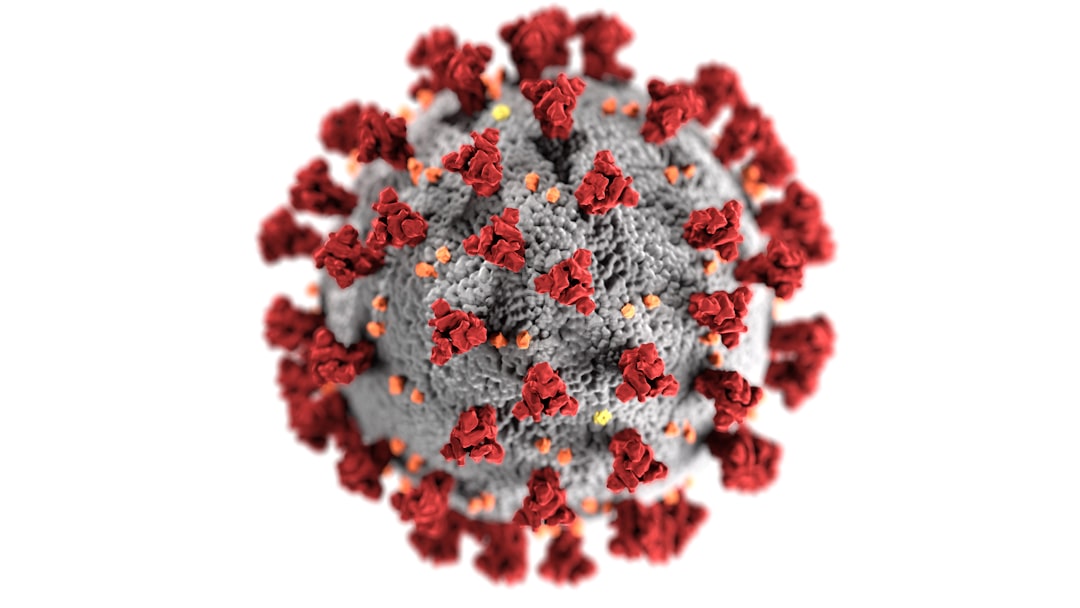What is it about?
Notifying and offering testing services to partners of people living with HIV can be an effective way of reaching people at higher risk of HIV and linking them to care. Assisted partner notification services (aPNS) has been a routine part of HIV care programmes in US and Europe to increase HIV case finding, and has been implemented at a programmatic level in SSA in Cameroon.
Featured Image

Photo by Haiiimam on Unsplash
Why is it important?
aPNS, although infrequently associated with IPV, augments HIV testing, diagnosis and linkage to care for IPs and their sexual partners. If aPNS is implemented in a voluntary and informed way, offering different approaches and support for those who fear IPV, the risk of social harms is minimized. Countries should consider implementing aPNS to reach undiagnosed HIV-positive individuals and to link them to care by training HAs to implement aPNS and to manage social harms.
Perspectives
Working on this article was a very inspiring as co-authors with who I have worked for long made it enjoyable and learning exercise. This article gave me the opportunity to assess HIV partner violence among clients I have been working with in the implementation of the aPS programme.
Diom Winifred Nambu
Read the Original
This page is a summary of: Low risk of social harms in an HIV assisted partner services programme in Cameroon, Journal of the International AIDS Society, July 2019, Wiley,
DOI: 10.1002/jia2.25308.
You can read the full text:
Contributors
The following have contributed to this page










